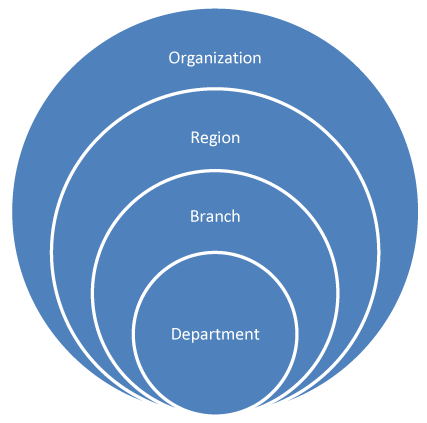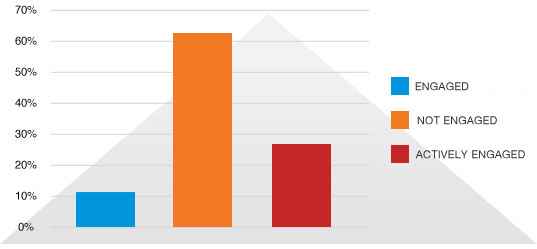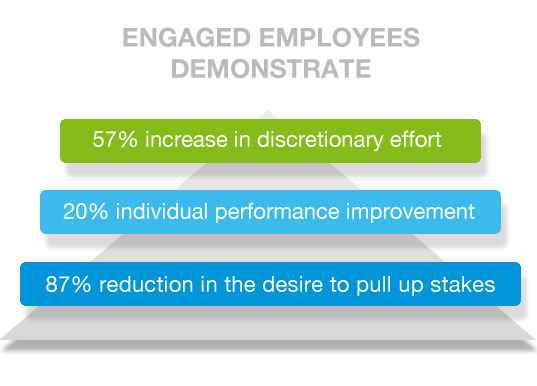ABOUT ASAP
Passion Drives Engagement
Why ASAP Engagement is different...
Many businesses believe that they can overcome today's negative-feeling environment by offering a variety of recognition programs. The unspoken reality is that these don't work!
A fundamental reason for the lack of sustained success with recognition programs is basically this:
It's because they're PROGRAMS!!!
Programs are nearly always designed to accomplish specific goals in a relatively short time period. Given this, employees' beliefs or commitment to their jobs are not actually changed.
They just learn how to "work the program" and change their behavior during the measurement period in a manner by which they are able to receive whatever rewards are being offered.
This does not create sustained change!

The other reality is that reward/recognition programs actually diminish the employee's perceived value of job tasks. From a psychological perspective, the employee becomes motivated to perform the job at a level that allows material benefit from achieving specific short-term objectives.
In many cases, the long-term importance of doing good work can actually be reduced because the employee has been conditioned that the task itself is not really of value if she/he is not getting a reward for doing it well.
With incentive programs like this that last only for a specific duration, any short-term changes in behavior are not sustainable – because there has been no impact to underlying organizational structure.
The reality is this:
Culture drives behavior, and behavior reinforces culture.
In his book, "Carrots and Sticks Don't Work", author Paul L. Marciano, PhD, states:
"Strong cultures are built around an organization's mission, vision, and core values established by the founders. The stronger the culture, the more consistent it remains over time and the greater its impact on each employee's behavior... If you want to achieve meaningful and long-term changes in behavior, you have to impact the culture, and you simply can't do that with any kind of program."
ASAP Engagement takes the leadership and employees of a company through the powerful Passion Test® for Business process that strengthens and clarifies culture to improve employee engagement within the organization. Although many companies are familiar with improvement programs such as Six Sigma, lean manufacturing, process flow simplification and the like, there are surprisingly few programs available that provide significant direct impact to enhance employee engagement.
ASAP Engagement programs create alignment between the things that matter most to the company and those that matter most to the employees. We work with company leaders to create clarity about the company's unique contribution and core values. We assist leaders in expressing this Unique Contribution Statement and their core values in an elegantly simple way that ignites passion.
The next step is to lead employees through a powerful and effective process whereby they come to understand how their work and personal passions align with the vision and values of the company!
Within this construct, employees come to experience how to fulfill their personal passions in the course of doing their daily work—while simultaneously supporting fulfillment of the company's values and unique contribution!
– This program is infinitely scalable –
From a department, branch, or region, up to an entire organization.

At the end of the day, business success is really about the people.
The employees are the ones who ultimately make or break the success of every program—and yet there has been far too little focus on them and what gets them passionate and engaged in doing their jobs.
Many studies have demonstrated the clear link between employee engagement levels and business profitability. In an unprecedented 2010 study, Gallup has tracked the engagement levels of over 47,000 employees in 120 countries around the world. This research shows that only 11% of workers are engaged, 62% are not engaged, and 27% are actively disengaged.

Other studies have demonstrated that engaged employees demonstrate a 57% increase in discretionary effort, a 20% individual performance improvement, and an 87% reduction in the desire to pull up stakes and move elsewhere compared to their disengaged counterparts. In today's challenging economic environment, this type of discretionary value-add is significant to a company's bottom line.'

